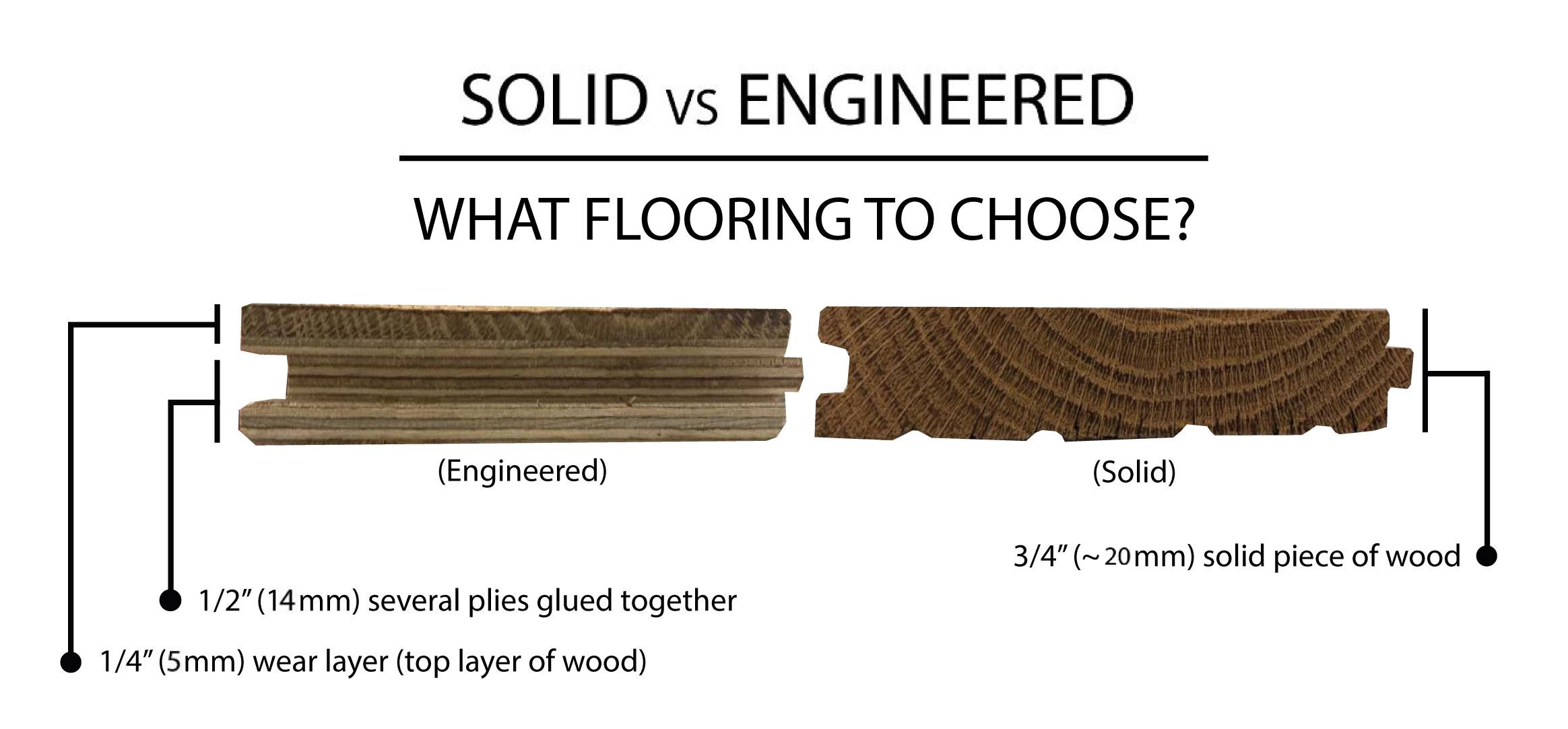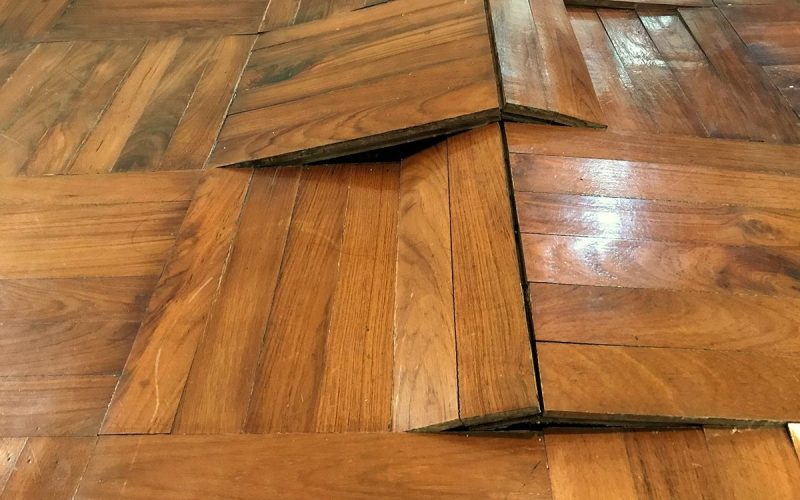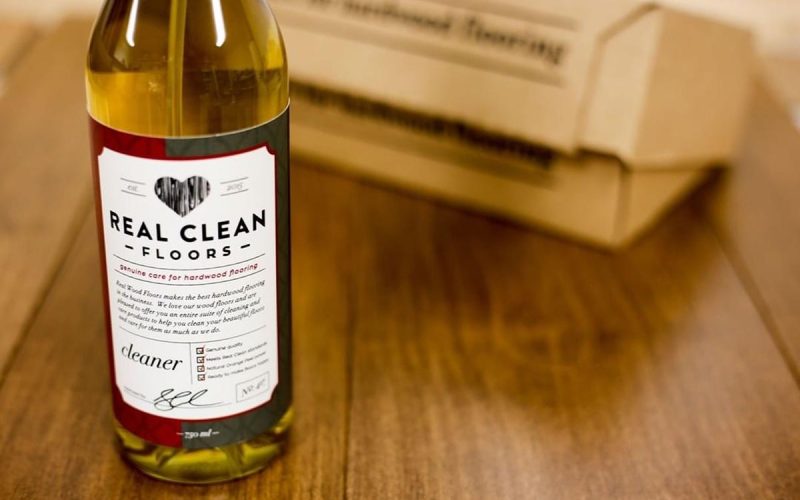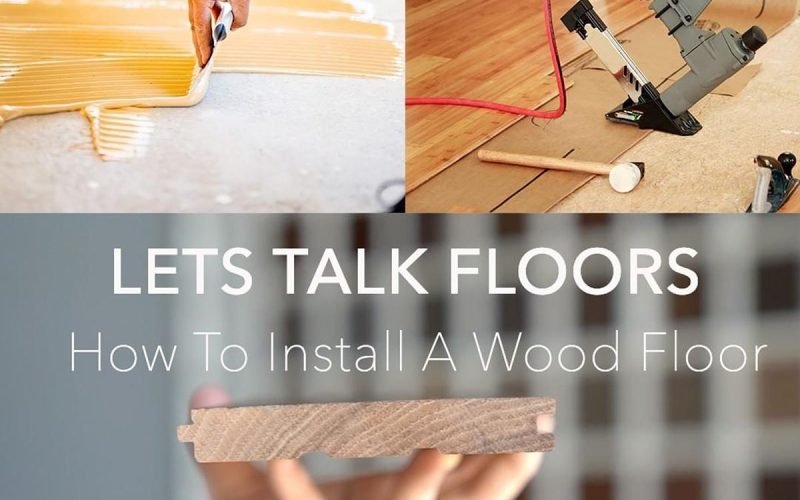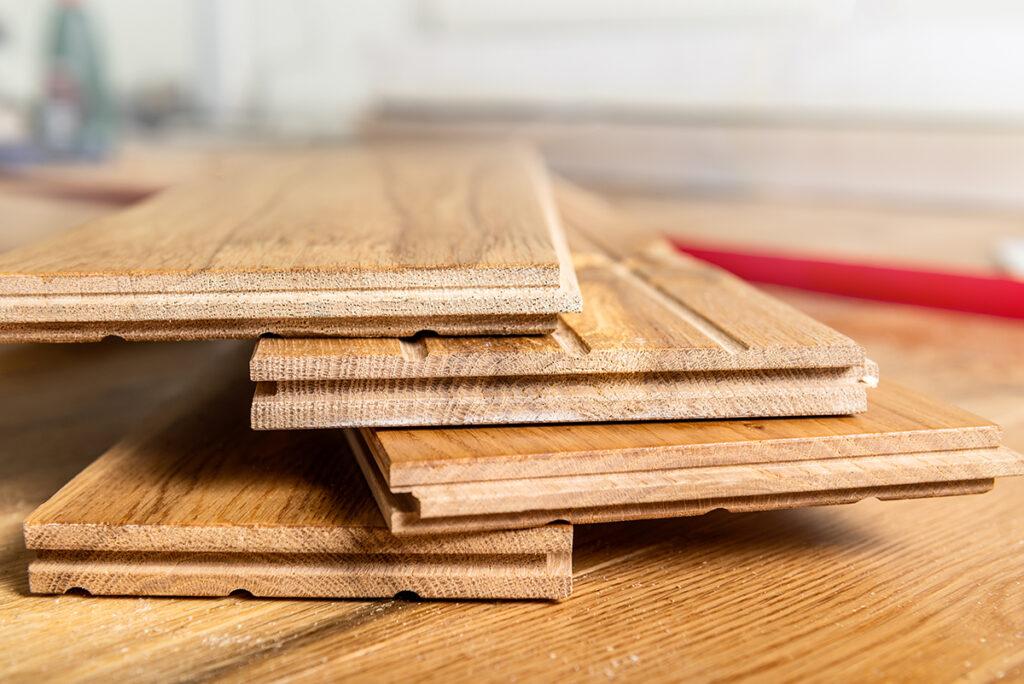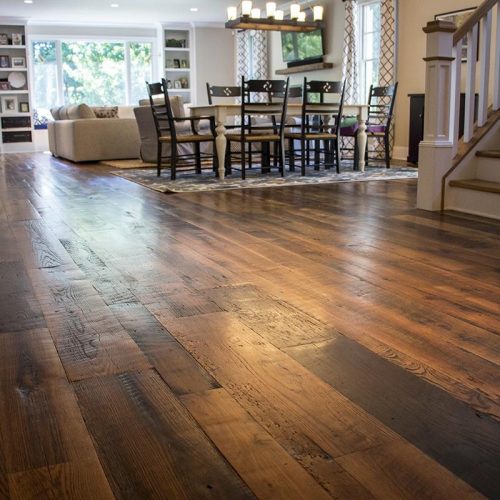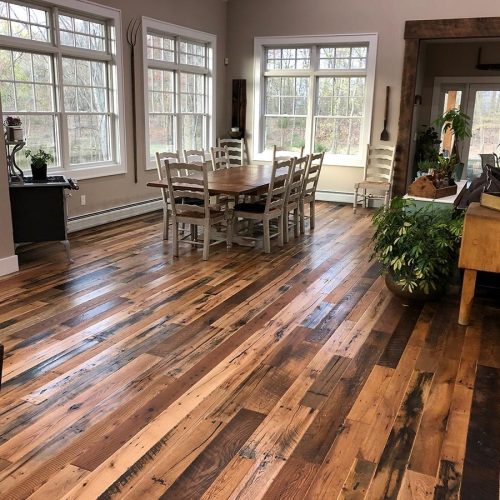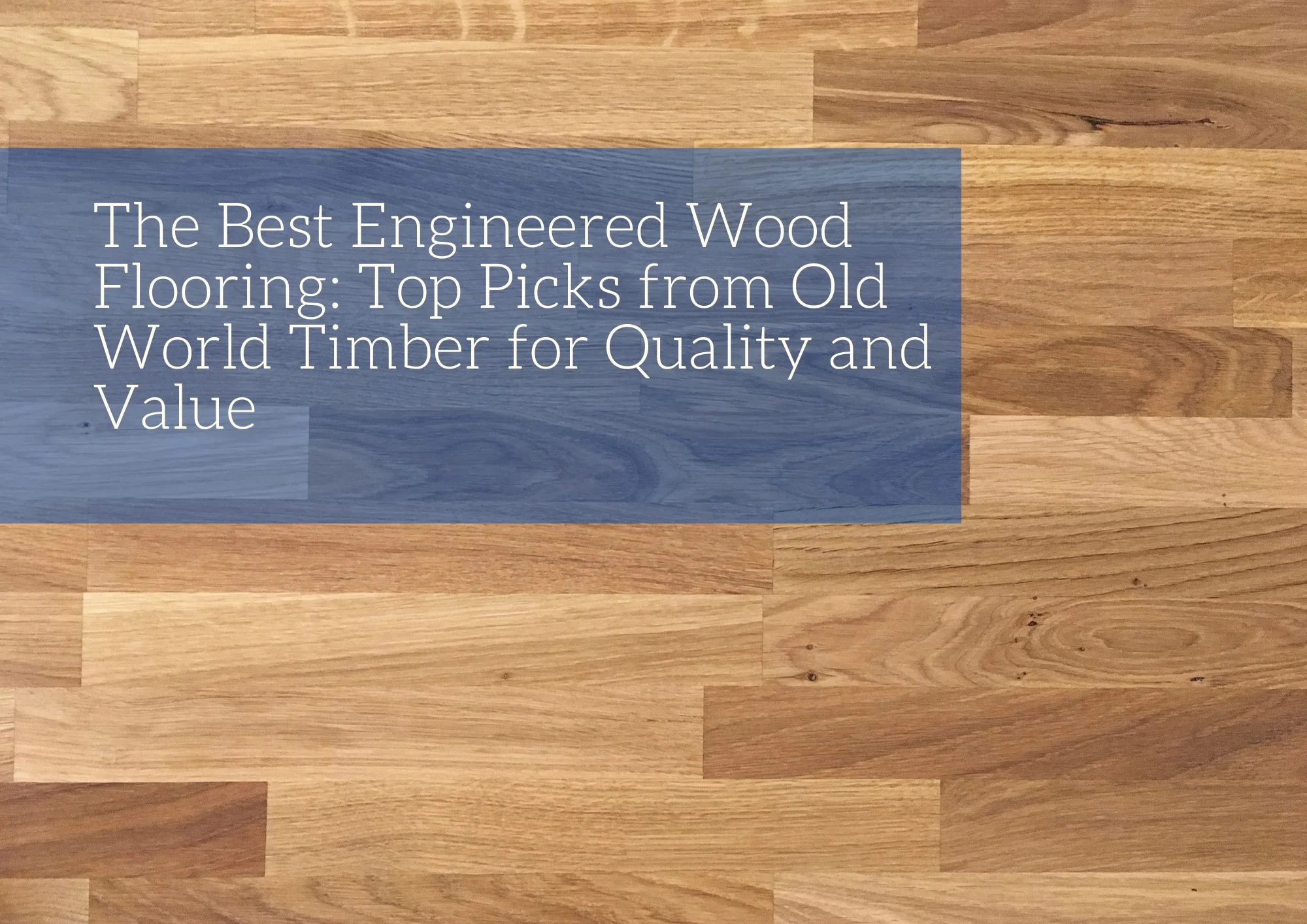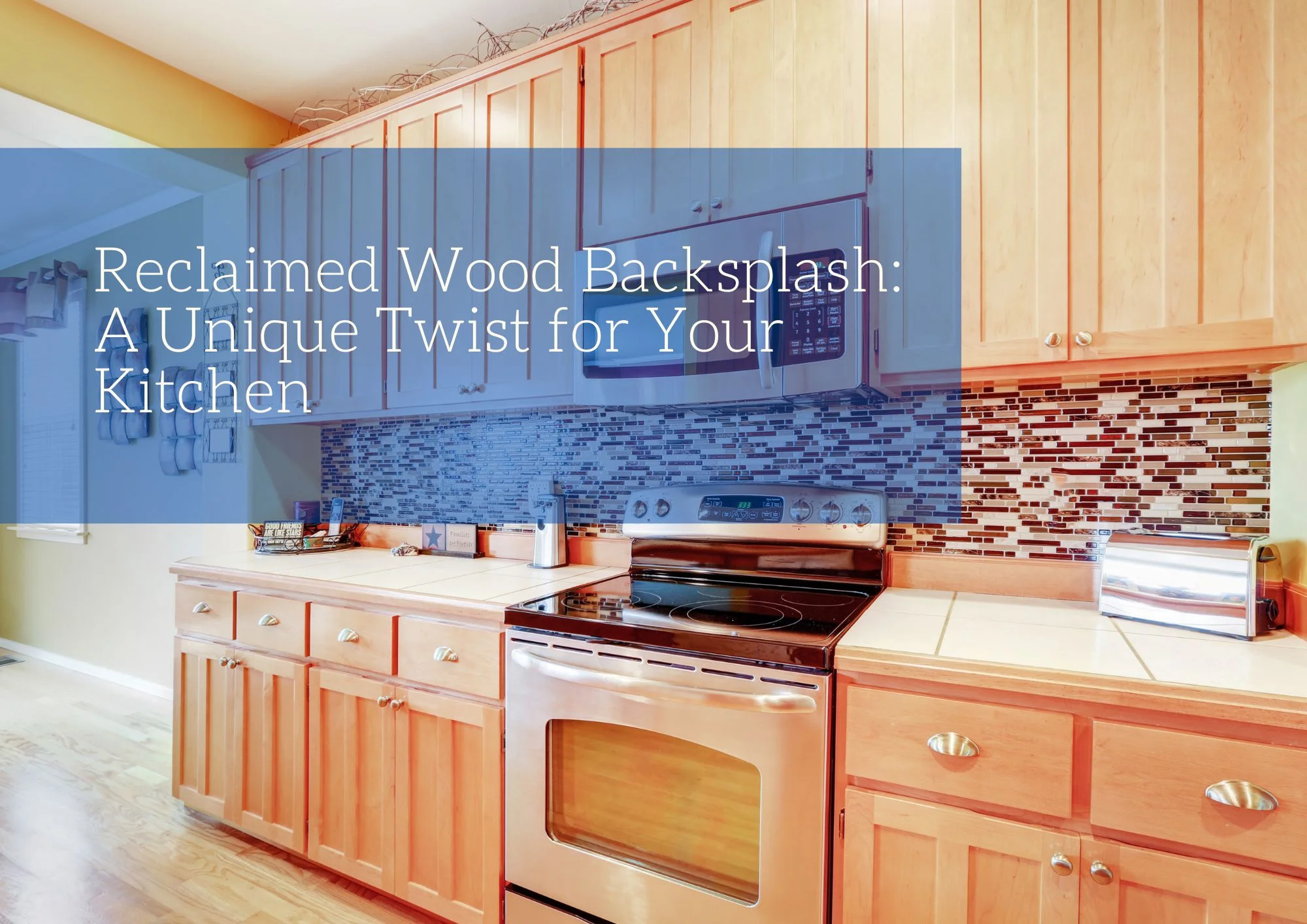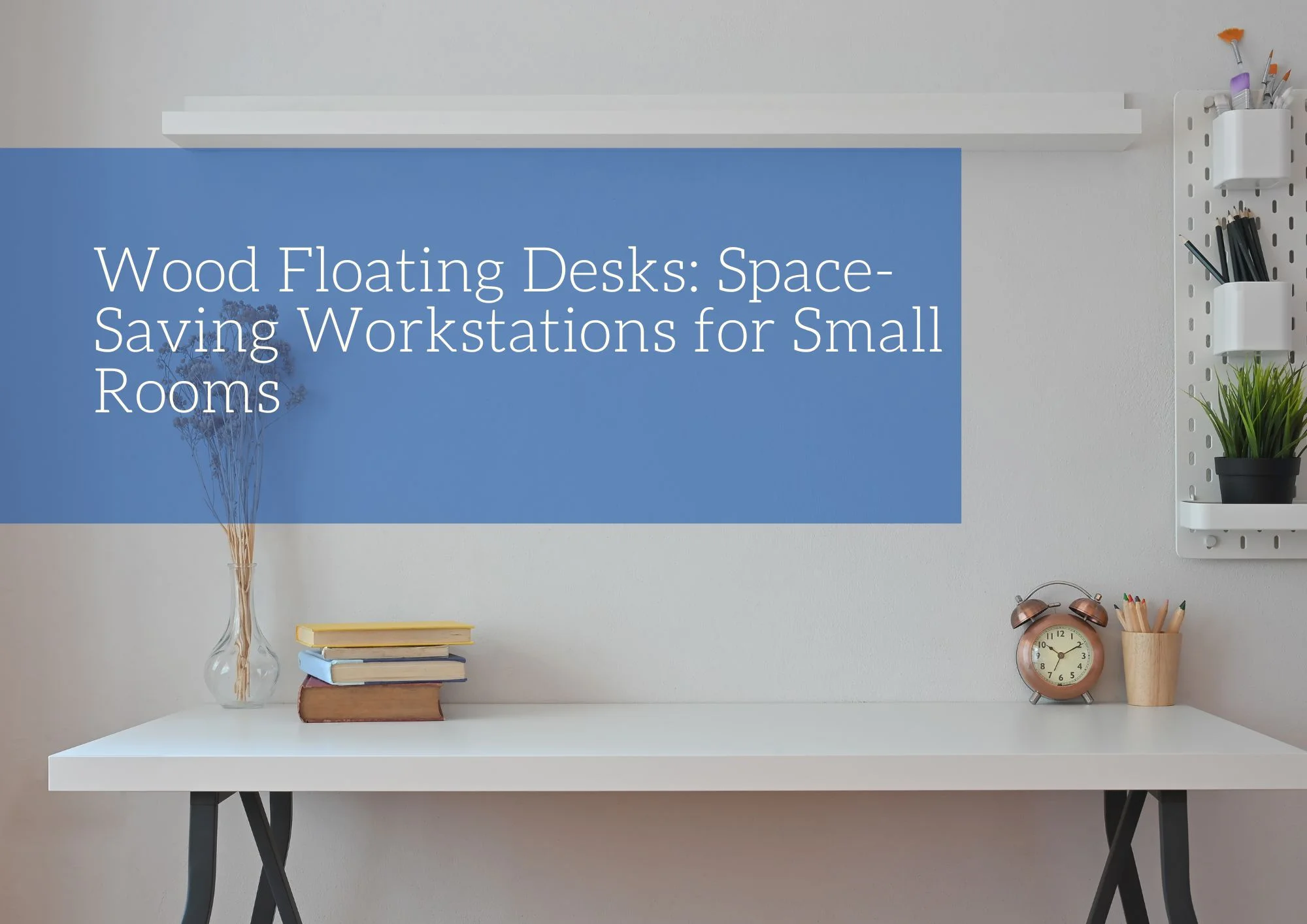Solid Hardwood or Engineered Wood Flooring?
Wood flooring has been commonly used for centuries. Wood has obviously been a popular choice when it comes to flooring because it has a wide variety of design and fashion possibilities as well as multiple potential applications. In this blog we are going to highlight two of the currently popular types of wood floorings, solid hardwood and engineered. A common question we receive from customers is “on what basis can we know which one will work better for us? ”
Let us simplify the decision-making process for you by breaking it down into 5 easy points to consider.
1 - Humidity
Both types have good enough resistance to heat but a humid location could present a big problem for solid hardwood flooring. Because humidity and moisture caused the wood to swell and warp, solid hardwood floors can absorb this moisture into its structure and become damaged beyond repair.
Unlike solid hardwood flooring, engineered wood flooring is made for resisting humidity fluctuations and moisture since it is unlikely to buckle and gap due to its multi-layer construction which makes it more stable as the plywood layer underneath is less vulnerable to warping. For this same reason engineered flooring is a great choice for installing on concrete slabs and in basements. If you live in a region that has a climate prone to high humidity, then engineered, not solid hardwood, is the best decision.
Again, both floorings have good resistance to heat but proceed with a plan. If extreme heat is likely to invade your house, then you should think about implementing a house humidifier where you have hardwood floors. Don’t worry… house humidifiers only spread moisture in the atmosphere, not the floors.
2 - Maintenance And Cleaning
Wood flooring is easy to clean, but the maintenance process differs depending on the type of flooring you have. As for both solid hardwood flooring and engineered flooring, cleaning just requires sweeping, vacumming and an approved wood cleaner. We assure you that both can receive the same care.
However, the amount of traffic and wear your space will get is something to calculate. As is in the name, solid hardwood flooring is made of pure solid wood without any additional layers. If you anticipate high foot traffic, we recommend choosing solid, not engineered, since it can be sanded down and refinished several times over its lifetime which extends from 30 to 100 years . This is not the case for engineered flooring as it can last up for 40 years at maximum and can be refinished once or twice at most before the surface is compromised.
3 - Installation
Even though they look similar on the surface, the installation method is completely different between engineered and solid flooring!
Solid hardwood flooring needs a higher skill set and is slightly more difficult to install than engineered flooring because the tongue-and-groove system in solid flooring (especially with solid reclaimed flooring) requires each board to be nailed to the subfloor through the boards’ tongues at the edges of each plank.
Engineered floorings can simply be glued down against concrete subfloors. Some types of engineered floors have a system of “Click-Lock” edges that can be installed as a floating-floor. Although most engineered wood flooring can also be installed with the same nail-down method as with solid hardwood flooring, it’s often easier to fit the tongue and groove together. So if u want to make it quick, engineered wood flooring saves time because it is easier to install.
4 - Sizes
Sizes of hardwood floorings can vary on each type. Solid hardwood flooring is likely to be less wide because wide solid boards are more difficult to keep from warping. The widths are about 2 to 7 inches with 3/4 inches thick and 12 to 84 inches in length. There is a variety of widths and thicknesses available, but solid hardwood flooring is rarely more than about 7 inches wide.
Engineered Wood flooring boards, however, are usually sold in much wider boards and can often be found up to 10-12 inches wide. Their length is typically between 12 to 60 inches and the thickness varies between 3/8 and 9/16 inches.
5 - Cost
If you want to save money, there are a few things to consider. Engineered Wood flooring planks cost a little more per square foot, but there is never any extra costs in finishing. The price range is between $2.50 and $10 per square foot, but can be higher. The price range of solid hardwood flooring is between $4 and $12 per square foot, and usually with reclaimed solid flooring you still need to pay an extra ~$5 square foot for install and finishing. Keep in mind, with a more difficult installation process, you likely will spend more on paying for a solid flooring install.
No matter what, choosing wood flooring of any type is a good decision. We may be biased, but reclaimed wood flooring is one of the best interior design choices you could ever make.


